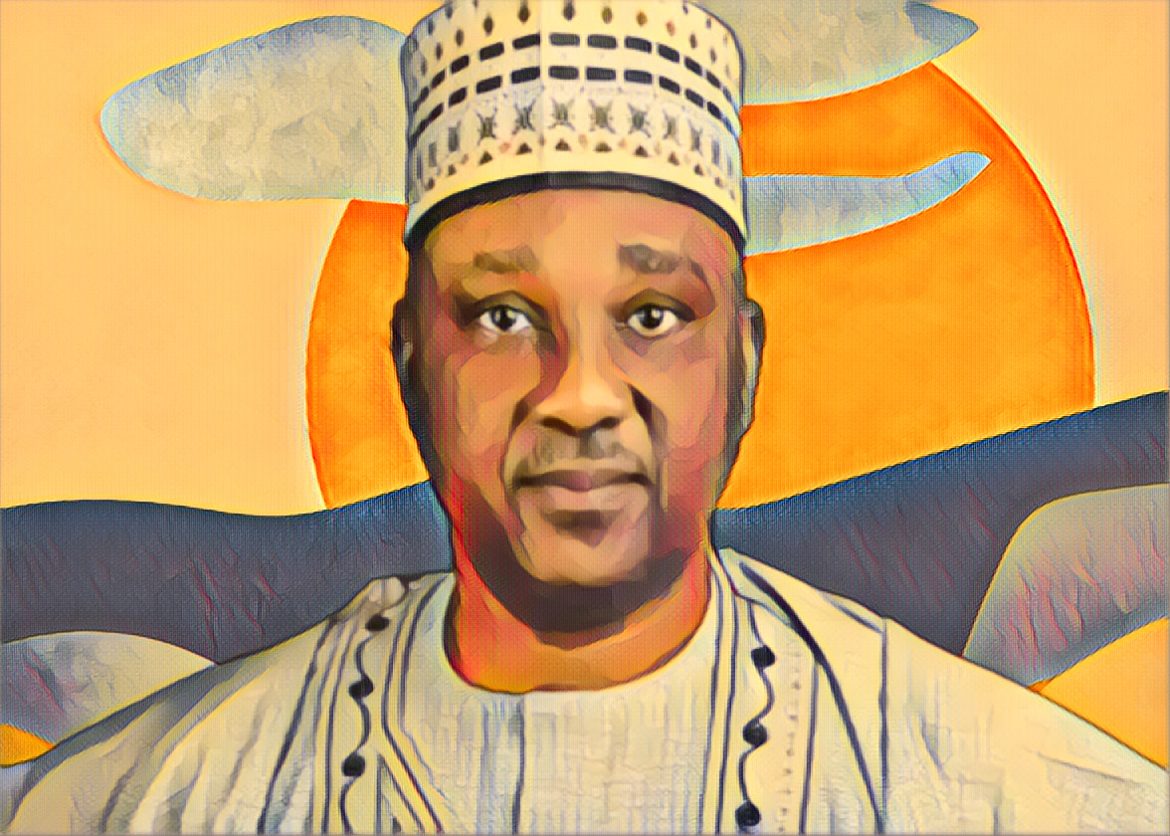Abbas Tajudeen, Speaker of the House of Representatives, highlighted yesterday that the National Assembly’s annual budget has remained unchanged for 13 years. This static budgetary stance stands in contrast to the rising inflation rates and the associated economic challenges faced by the nation.
Interestingly, while the budget remained static, the Federal Legislature’s expenditures have surged over these years, without an appropriate increase in budgetary allocations to match.
It’s worth noting that the Speaker previously mentioned during his welcome address after a two-month break that President Bola Tinubu is set to present the 2023 supplementary budget to the National Assembly. This supplementary allocation is anticipated to address the increased salaries and allowances for public servants, aiming to mitigate the impact of the recent fuel subsidy removal.
Tajudeen elaborated on this during a meeting in Abuja with representatives from the African Business Roundtable. He pointed out, “Although our budget has remained the same for over a decade, we’ve seen our expenditure rise. At certain instances, the National Assembly’s budget even decreased from its 2011 levels.”
Discussing inter-parliamentary collaborations, the Speaker informed the delegation, led by Executive Director (West Africa) Mr. Dotun Ajayi, that the 10th House has established over 60 parliamentary friendship committees. These are designed to foster stronger ties with international parliaments.
Tajudeen emphasized that these committees require external backing to function optimally and pledged the House’s commitment to initiatives that bolster these international relations.
Highlighting their proactive approach, he stated, “We have already increased our friendship committees from 43 to 65, and just recently, we added Serbia, taking the number to 66. We are wholly aligned with the objective of strengthening our ties with global parliaments.”
Ajayi, leading the delegation, mentioned the recent political upheaval in Niger Republic and its subsequent effect on relationships between some European nations and West Africa. He underscored the role of the President behind the scenes and emphasized the necessity of the Parliament’s active involvement in supporting these efforts, especially with the French Parliament and the European Union (EU).
Ajayi added that the EU has earmarked 20 billion Euros for Sub-Saharan Africa and expressed hope that increased engagement would enhance the benefits Nigeria derives from this fund.
He proposed a deeper partnership between the National Assembly and both the EU and the French Parliament.


